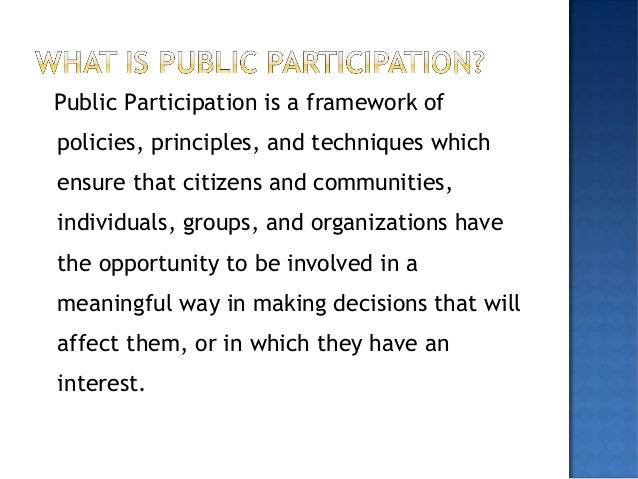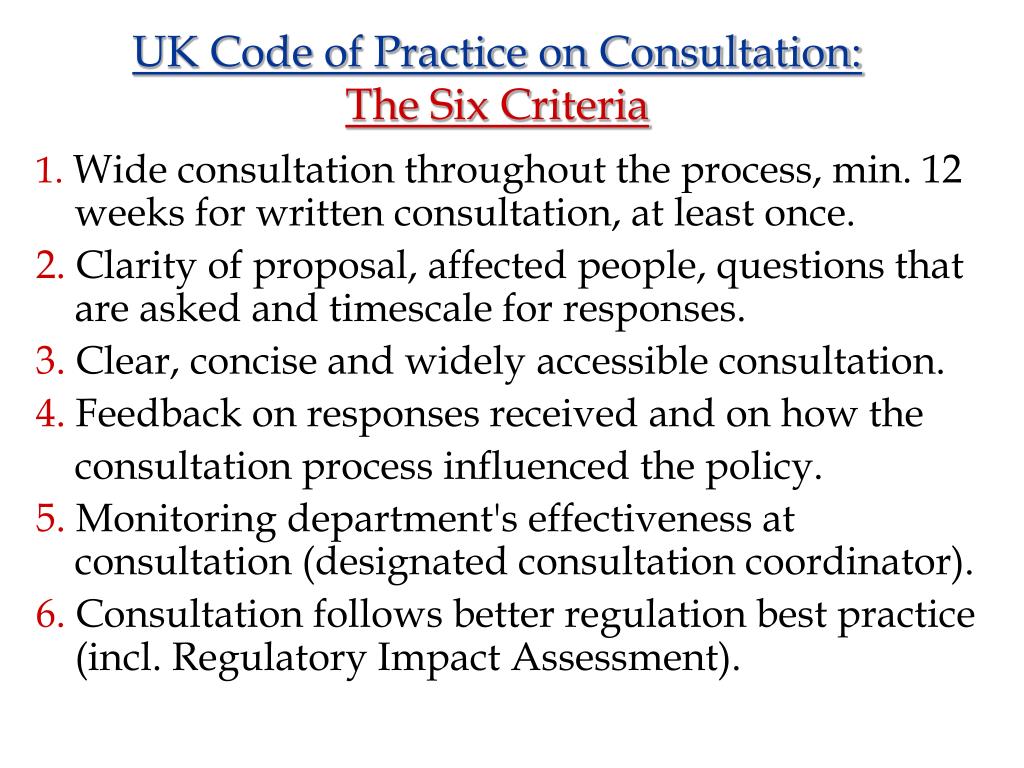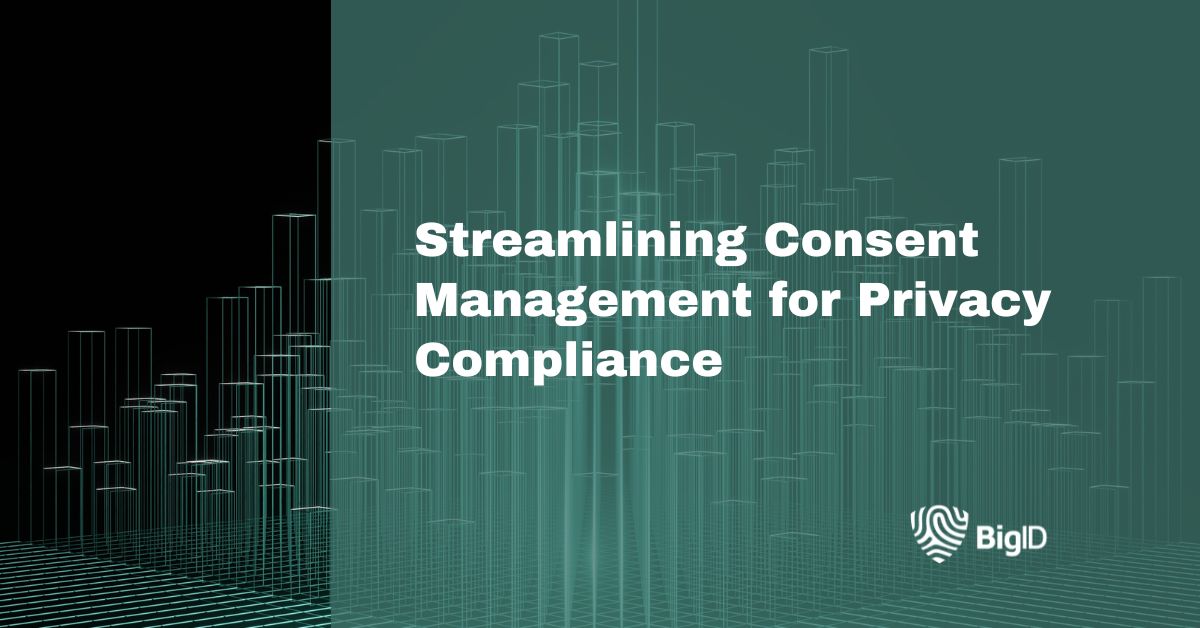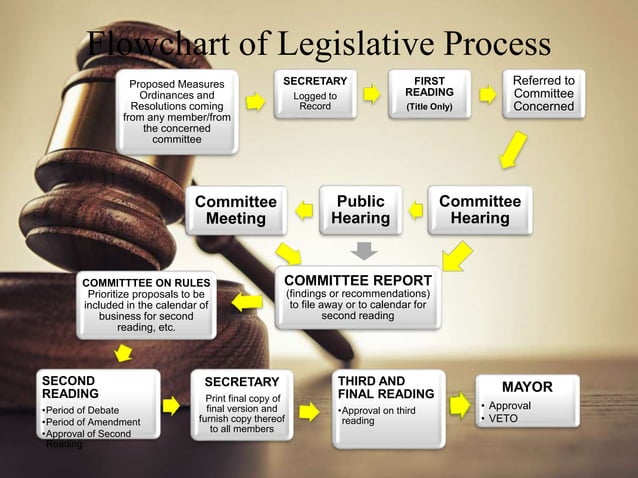The Native and Consent Calendars: Streamlining Legislative Processes and Guaranteeing Public Participation
Associated Articles: The Native and Consent Calendars: Streamlining Legislative Processes and Guaranteeing Public Participation
Introduction
With nice pleasure, we’ll discover the intriguing subject associated to The Native and Consent Calendars: Streamlining Legislative Processes and Guaranteeing Public Participation. Let’s weave attention-grabbing info and supply recent views to the readers.
Desk of Content material
The Native and Consent Calendars: Streamlining Legislative Processes and Guaranteeing Public Participation

Legislative our bodies, from metropolis councils to nationwide parliaments, grapple with huge quantities of enterprise. To handle this successfully and guarantee transparency, they make the most of numerous procedural instruments. Among the many most important are the native and consent calendars. Whereas the precise names and implementation might range throughout jurisdictions, the underlying features stay constant: to effectively deal with routine issues and guarantee public enter on much less controversial points. Understanding these calendars is vital to comprehending the interior workings of legislative processes and the mechanisms for public engagement.
The Native Calendar: A Deal with Routine and Uncontroversial Enterprise
The native calendar, also known as the "routine enterprise" or "uncontested enterprise" calendar, is designed to expedite the dealing with of non-controversial and routine legislative issues. These are usually objects that require minimal debate or public enter, permitting the legislative physique to swiftly handle them with out prolonged deliberations. The objective is to liberate helpful time and sources for extra complicated and contentious points that demand larger scrutiny.
The sorts of objects usually discovered on the native calendar embrace:
-
Routine administrative issues: These embody duties like approving assembly minutes, authorizing routine expenditures inside established budgets, approving minor personnel modifications, and authorizing normal contracts. These are sometimes procedural in nature and require little dialogue, as they’re typically pre-approved via established processes and fall inside pre-determined parameters.
-
Uncontroversial resolutions and ordinances: These are legislative devices that aren’t anticipated to generate important opposition. Examples may embrace naming a avenue, proclaiming a particular week, or approving minor zoning modifications which have already undergone important neighborhood session. The shortage of anticipated controversy permits for his or her swift passage.
-
Progress studies and informational updates: This stuff present legislators and the general public with updates on ongoing tasks or initiatives. They’re usually informational in nature and don’t require a vote, serving as an alternative as a method of protecting the legislative physique and the general public knowledgeable.
-
Consent agenda objects: In some jurisdictions, the consent agenda is a subset of the native calendar. It consists of a bunch of things which are bundled collectively for approval with out particular person dialogue, except a legislator requests it. This additional streamlines the method.
The method for dealing with objects on the native calendar is mostly simple. Legislators usually obtain the agenda properly upfront, permitting them to overview the objects and establish any potential considerations. Generally, the complete calendar is authorized en bloc, that means a single vote approves all objects listed. Nonetheless, any legislator can request {that a} particular merchandise be faraway from the native calendar and regarded individually, permitting for extra detailed scrutiny if needed. This mechanism ensures that even routine issues are topic to potential overview and debate if needed. This safeguard prevents the potential for abuses of the system the place controversial objects is likely to be disguised as routine ones.
The Consent Calendar: A Bridge Between Routine and Deliberative Processes
The consent calendar occupies a considerably ambiguous place between the native calendar and the common legislative agenda. Whereas it shares some similarities with the native calendar in its intention to expedite much less contentious objects, it typically incorporates a better diploma of public engagement and potential for debate.
The consent calendar usually contains objects that, whereas not inherently controversial, may nonetheless profit from some public enter or dialogue. These may embrace:
-
Minor zoning modifications or land use approvals: Whereas not as important as main growth tasks, these modifications can nonetheless affect native communities, warranting some degree of public remark.
-
Approvals of grants or contracts: Whereas the monetary quantities is likely to be inside established budgetary limits, the character of the grant or contract may warrant some rationalization or dialogue.
-
Approvals of particular tasks with restricted public affect: These tasks may not be inherently controversial, however their approval nonetheless requires a proper legislative act.
The method for dealing with objects on the consent calendar usually includes a interval for public remark. Residents have the chance to precise their views on the objects listed, both verbally on the assembly or in writing beforehand. This public participation ingredient distinguishes the consent calendar from the purely routine nature of the native calendar.
Not like the native calendar, the place objects are sometimes authorized en bloc, consent calendar objects are normally thought-about individually. Whereas the expectation is that they are going to be authorized with out intensive debate, legislators can nonetheless elevate questions or considerations, and amendments may be proposed. This enables for a level of flexibility and responsiveness to public enter. The method goals to steadiness effectivity with transparency and public engagement.
The Significance of Transparency and Public Entry
Each the native and consent calendars are important elements of clear and environment friendly legislative processes. Their effectiveness hinges on making certain public entry to the agendas, minutes, and different related paperwork. This enables residents to observe the legislative course of, perceive how selections are made, and take part in shaping their communities. Open entry to those calendars ensures accountability and fosters public belief within the legislative physique.
The provision of on-line sources, equivalent to web sites and digital portals, has considerably enhanced public entry to those calendars. Residents can now simply overview the agendas, observe the progress of things, and take part within the legislative course of remotely. This accessibility is essential for making certain broad public participation and sustaining democratic ideas.
Potential Challenges and Concerns
Whereas the native and consent calendars supply important advantages in streamlining legislative processes, some potential challenges exist:
-
Potential for abuse: There’s a danger that controversial objects is likely to be inappropriately positioned on the native or consent calendar to keep away from public scrutiny or debate. Robust inside guidelines and oversight are essential to forestall this.
-
Lack of enough public consciousness: If the general public is just not adequately knowledgeable in regards to the existence and performance of those calendars, their participation could also be restricted. Public training and outreach are important for efficient engagement.
-
Balancing effectivity with thoroughness: The pursuit of effectivity mustn’t come on the expense of thorough consideration of necessary points. Legislators should strike a steadiness between expediting routine issues and making certain enough scrutiny of things that require extra consideration.
Conclusion
The native and consent calendars are important instruments for legislative our bodies in search of to handle their workload successfully whereas sustaining transparency and public engagement. By separating routine issues from extra complicated points, these calendars permit for environment friendly decision-making whereas nonetheless offering alternatives for public enter and debate on objects that warrant larger scrutiny. Their efficient implementation requires a dedication to transparency, public entry, and a cautious steadiness between effectivity and thoroughness. As legislative our bodies proceed to grapple with rising workloads and calls for for public participation, understanding and using these calendars successfully will stay essential for sustaining environment friendly and democratic governance.








Closure
Thus, we hope this text has offered helpful insights into The Native and Consent Calendars: Streamlining Legislative Processes and Guaranteeing Public Participation. We hope you discover this text informative and helpful. See you in our subsequent article!